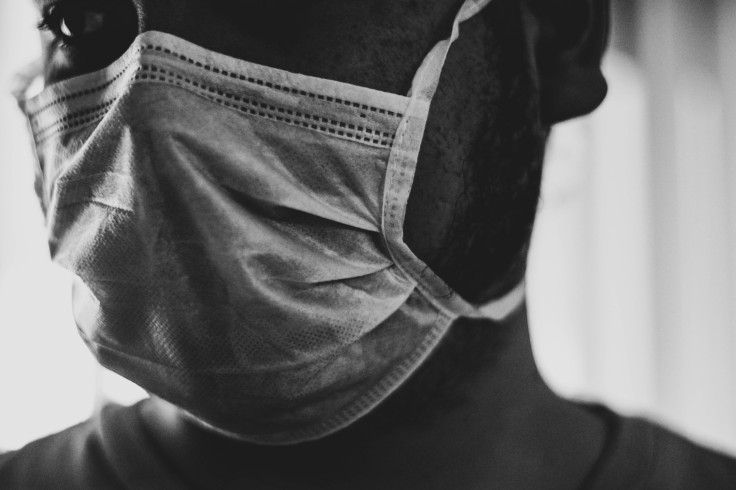
More than 200 scientists from different parts of the world have urged the World Health Organization (WHO) to look into the airborne transmission of the novel coronavirus that they suspect could be a possibility.
The request has come as the number of new COVID-19 cases in the world is surging, especially in the U.S., which is now observing a resurgence in daily toll after many states decided to reopen.
The concerns and evidence collected collaboratively by researchers from more than 30 countries will be published in the forthcoming paper titled “It Is Time to Address Airborne Transmission of Covid-19.” In the paper, 239 scientists have raised awareness about the mounting evidence that the novel coronavirus may have the potential to spread through air droplets and aerosols that remain suspended in the air for some time.
The researchers note that such aerosols may have the potential to infect people despite being suspended in much smaller quantity, which may have been previously considered as not sufficient to cause an infection.
“Because a person breathes 10,000 to 15,000 liters of air a day and it only takes one infectious dose in that volume of air, sampling 100 or even 1000 liters of air and not finding virus is meaningless,” said co-author Donald Milton, a professor of environmental health at the University of Maryland.
So far, coronavirus prevention guidelines include maintaining proper social distancing and frequent handwashing. However, the researchers say that the professional health organizations, including the WHO, have failed to fully look into the possibility of airborne transmission.
WHO has been widely criticized, particularly by the U.S. for its slow coronavirus response. Health analysts believe that the decision of the scientists to publish a paper to call WHO to look into the airborne transmission is unusual, however, it is likely to raise questions about what the organization is doing and plans to do.
“WHO’s credibility is being undermined through a steady drip-drip of confusing messages, including asymptomatic spread, the use of masks, and now airborne transmission,” said Lawrence Gostin of the Georgetown University.
He appreciated the organization, however, saying that it has been in a tough spot because it has to make recommendations for the entire world. Gostin further appreciated them for holding regular briefings. But he said that scientists and the public may lose confidence in WHO in case of absence of clear technical guidance.
© 2025 Latin Times. All rights reserved. Do not reproduce without permission.




